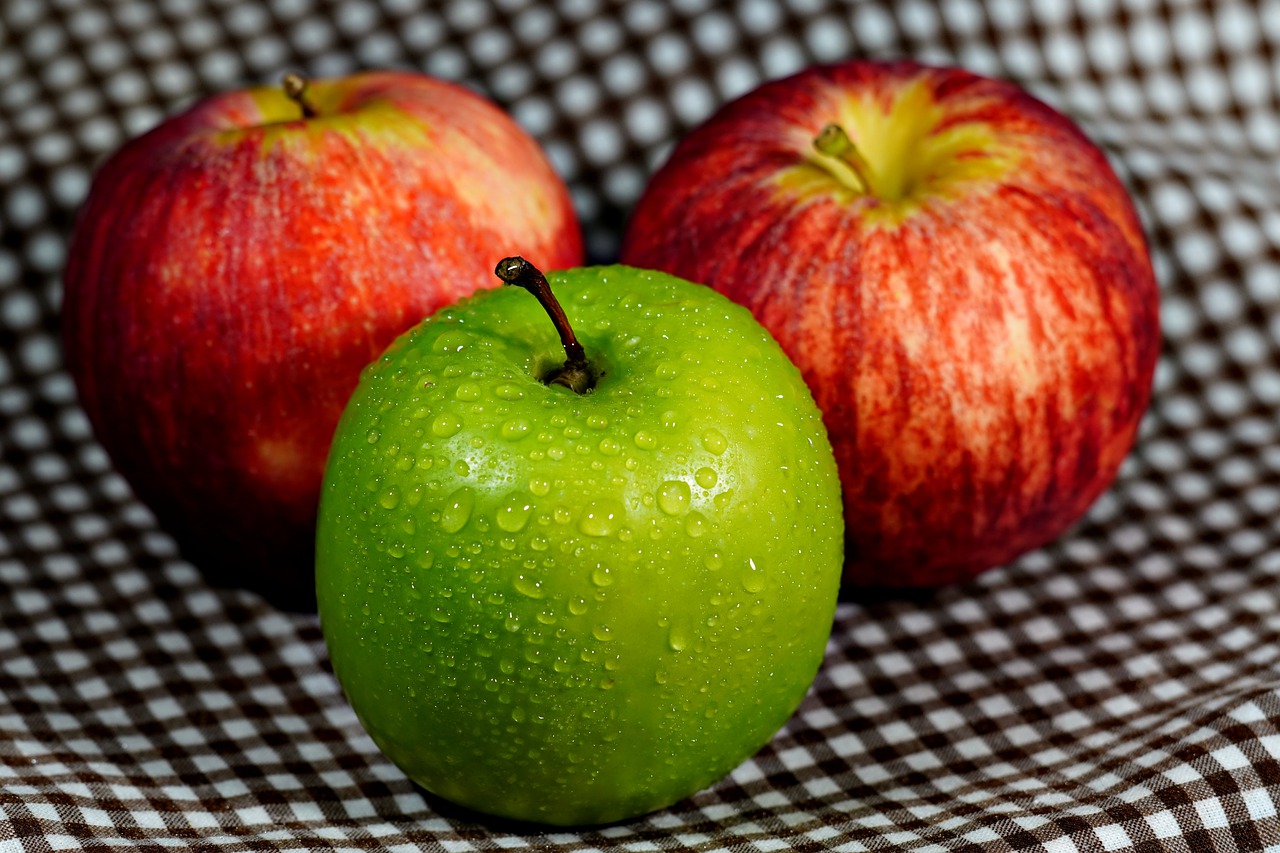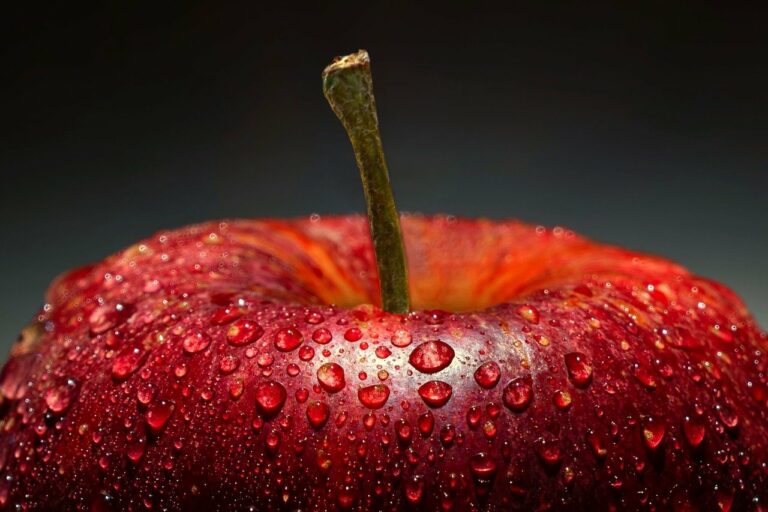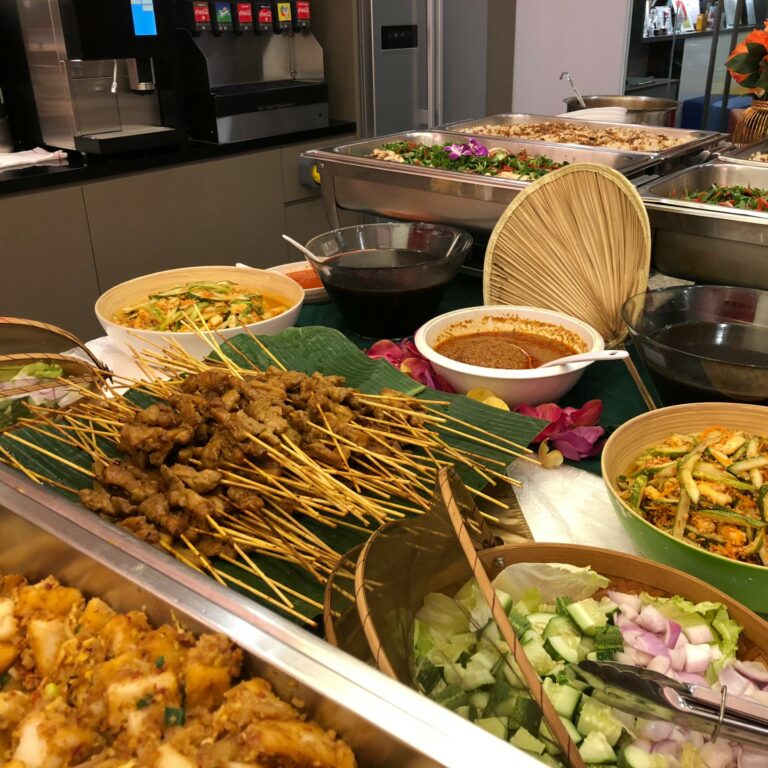The Future of Sustainable Marine Aquaculture
247betbook, radhe exchange login, world 777 id:The Future of Sustainable Marine Aquaculture
Aquaculture, the farming of aquatic organisms such as fish, shellfish, and seaweeds, has been growing rapidly in recent years as a response to the increasing demand for seafood and the decline of wild fish populations. As traditional fisheries struggle to keep up with demand, aquaculture presents a promising solution to meet the growing need for seafood while also preserving natural marine ecosystems. However, the expansion of aquaculture has raised concerns about its environmental impact, particularly regarding issues such as pollution, disease transmission, and habitat destruction.
In order to ensure the long-term sustainability of marine aquaculture, industry experts and researchers are exploring innovative approaches to address these challenges and promote responsible practices. From advancements in technology to the implementation of stricter regulations, the future of sustainable marine aquaculture holds great promise for meeting our seafood needs while protecting the health of our oceans.
Advancements in Technology
One of the most exciting developments in sustainable marine aquaculture is the use of cutting-edge technology to improve farming practices and reduce environmental impact. For example, advanced monitoring systems can track water quality, feed consumption, and fish health in real-time, allowing farmers to adjust their operations accordingly and prevent issues such as disease outbreaks and overfeeding. Additionally, the use of artificial intelligence and machine learning algorithms can help optimize feed formulations, reduce waste, and increase efficiency, leading to higher yields and lower environmental impact.
Innovations such as recirculating aquaculture systems (RAS) are also revolutionizing the way fish are farmed in marine environments. By recycling and treating water within closed systems, RAS facilities can drastically reduce water usage, prevent pollution, and minimize disease transmission, making them a more sustainable alternative to traditional open-net pens. Furthermore, the development of offshore aquaculture systems is expanding the potential for aquaculture to be carried out in deeper waters, reducing conflicts with other marine activities and allowing for the cultivation of new species in more controlled environments.
Regulatory Measures
In order to ensure that aquaculture operations adhere to sustainable practices, governments and industry organizations are implementing stricter regulations and certification programs to monitor and enforce environmental standards. By requiring aquaculture facilities to meet certain criteria related to water quality, waste management, and animal welfare, regulators can help mitigate the negative impacts of aquaculture on marine ecosystems and ensure that farms operate in a responsible manner.
Certification programs such as the Aquaculture Stewardship Council (ASC) and the Best Aquaculture Practices (BAP) set standards for sustainable aquaculture practices and provide consumers with assurance that the seafood they are purchasing has been produced in an environmentally and socially responsible manner. By promoting transparency and accountability in the aquaculture industry, these certification programs help drive demand for sustainable seafood and incentivize farmers to adopt practices that protect the health of our oceans.
Community Engagement
Another crucial aspect of sustainable marine aquaculture is engaging with local communities and stakeholders to ensure that aquaculture operations are conducted in a socially responsible manner. By consulting with indigenous communities, fishermen, environmental organizations, and other interested parties, aquaculture producers can address concerns, incorporate local knowledge, and build partnerships that support the long-term success of their operations.
Community-based aquaculture initiatives, such as cooperative farming projects and partnerships with small-scale fishers, can help empower local communities and create economic opportunities that contribute to sustainable development. By involving stakeholders in decision-making processes, aquaculture producers can build trust, foster collaboration, and ensure that their operations are compatible with the needs and values of the communities in which they operate.
Research and Innovation
Continued investment in research and innovation is essential for advancing the science of sustainable marine aquaculture and developing new technologies and practices that address environmental challenges. By supporting research institutions, universities, and industry partnerships, governments and organizations can drive innovation, improve efficiencies, and promote the adoption of best practices that enhance the sustainability of aquaculture operations.
Research areas such as alternative feed ingredients, breeding programs for disease-resistant species, and ecosystem-based management approaches are critical for overcoming the challenges facing marine aquaculture and ensuring its viability in the long term. By investing in research and fostering collaboration between scientists, industry stakeholders, and policymakers, we can continue to drive progress towards a more sustainable and resilient aquaculture sector.
Collaboration and Knowledge Sharing
In order to achieve the goals of sustainable marine aquaculture, collaboration and knowledge sharing are essential among stakeholders at all levels of the supply chain. By working together to exchange information, best practices, and lessons learned, farmers, researchers, policymakers, and consumers can collectively drive improvements in the industry and promote the adoption of sustainable practices.
Platforms such as industry conferences, research networks, and online forums facilitate the sharing of knowledge and foster collaboration among stakeholders. By creating opportunities for dialogue, networking, and partnership-building, these platforms help bridge the gap between theory and practice and enable the development of innovative solutions to the complex challenges facing marine aquaculture.
FAQs
What are the main environmental challenges facing marine aquaculture?
Some of the main environmental challenges facing marine aquaculture include pollution from excess nutrients and waste, disease outbreaks that can spread to wild populations, habitat degradation from construction of aquaculture facilities, and competition for resources with other marine activities.
How can consumers support sustainable marine aquaculture?
Consumers can support sustainable marine aquaculture by choosing seafood products that are certified by recognized sustainability standards such as the ASC or BAP, asking questions about where their seafood comes from and how it was produced, and supporting local, small-scale aquaculture operations that prioritize environmental and social responsibility.
What role does government regulation play in promoting sustainable aquaculture?
Government regulation plays a crucial role in promoting sustainable aquaculture by setting standards for environmental practices, monitoring compliance with regulations, and enforcing penalties for non-compliance. By establishing clear rules and guidelines, regulators can help ensure that aquaculture operations operate in a responsible manner and mitigate their impact on marine ecosystems.
In conclusion, the future of sustainable marine aquaculture holds great promise for meeting our seafood needs while also protecting the health of our oceans. By embracing innovative technologies, implementing strict regulations, engaging with local communities, supporting research and knowledge sharing, and collaborating with stakeholders, we can drive progress towards a more sustainable and resilient aquaculture sector. Together, we can work towards a future where aquaculture is not only a source of nutritious and delicious seafood but also a steward of our marine ecosystems and a driver of positive social and economic change.







